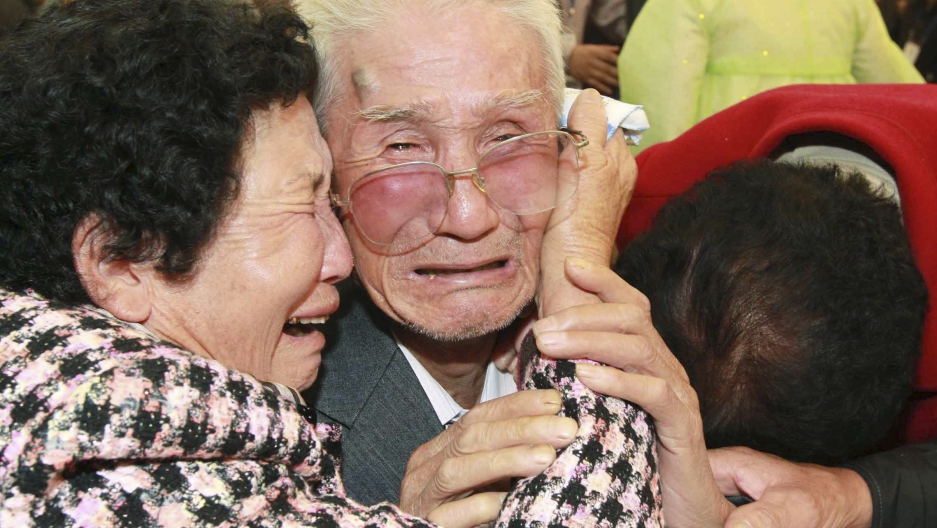North and South Korea are planning another round of reunions at the end of October for families separated since the 1950-53 Korean War as the rivals’ diplomatic ties continue to thaw.
“The heads of both countries’ Red Cross had agreed to more meetings on the sidelines of a reunion.
“The first in nearly three years – with 600 South Korean participants taking place at a hotel on Mount Kumgang in North Korea,” the media reported on Sunday.
North and South Korea have technically remained in a state of war since 1953, when a ceasefire came into force.
Some 700,000 people are estimated to have fled the south during the turmoil of the war.
The family reunions are often emotional occasions because most of the participants are of old age, and the meetings are often considered a final opportunity to see relatives.
Millions were separated from loved ones by the 1950-1953 conflict, with many dying before they could be reunited.
The reunion, to be held in August, will be the first since October 2015, and comes amid a thaw in diplomatic relations on the Korean peninsula.
The resumption of the events was agreed at an April summit between the Koreas.
Officials from North and South then met on Friday at Mount Kumgang resort in the North and set a date for late August.
“The reunion will be held from August 20 to 26, and 100 participants will be selected from each side,” said a joint statement.
The lucky few are just a fraction of the 57,000 people registered with the South Korean Red Cross who are separated from family members.
The 200 people who will go to the reunion will have just three days to catch up before they return to their respective sides of the border, knowing that they will in all likelihood not see those family members again.
In South Korea, hopeful participants are picked at random by a computer which takes into account their age and family background. They also sit for interviews and take medical examinations to determine if they are fit to travel.
The previous reunion, in 2015, was more expansive, allowing 650 South Koreans to visit relatives in the North.(dpa/NAN)

